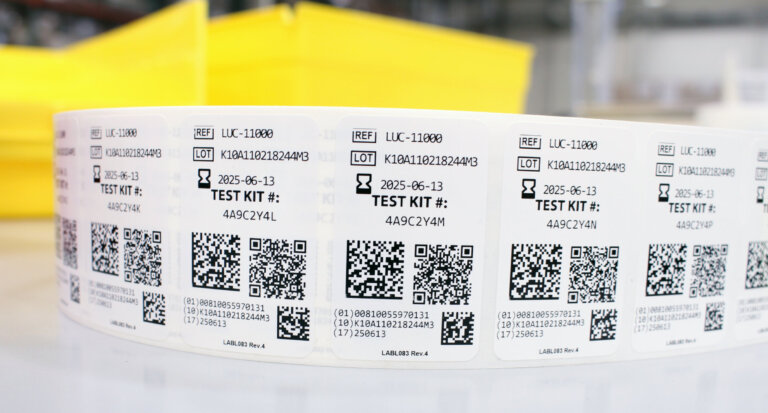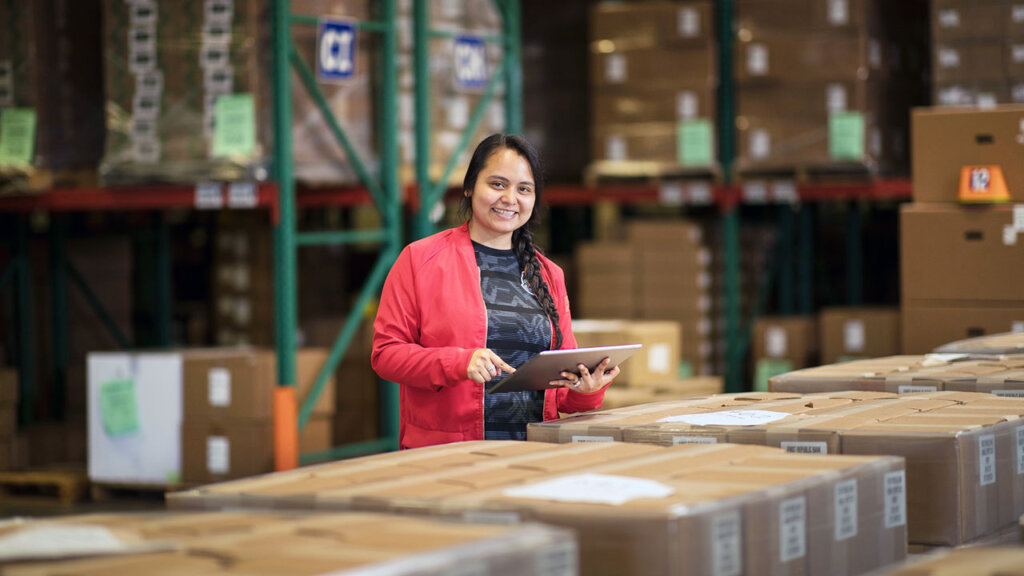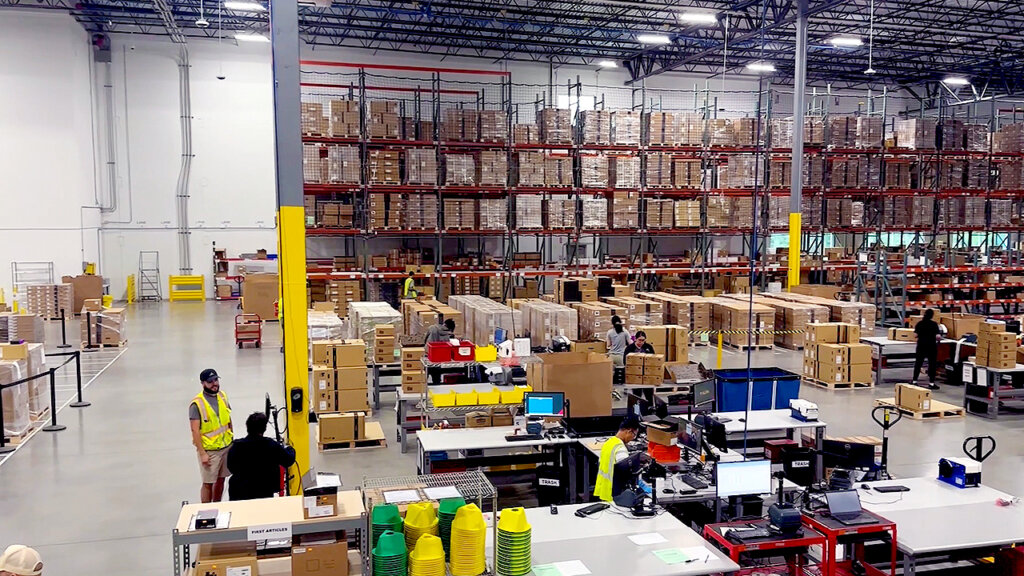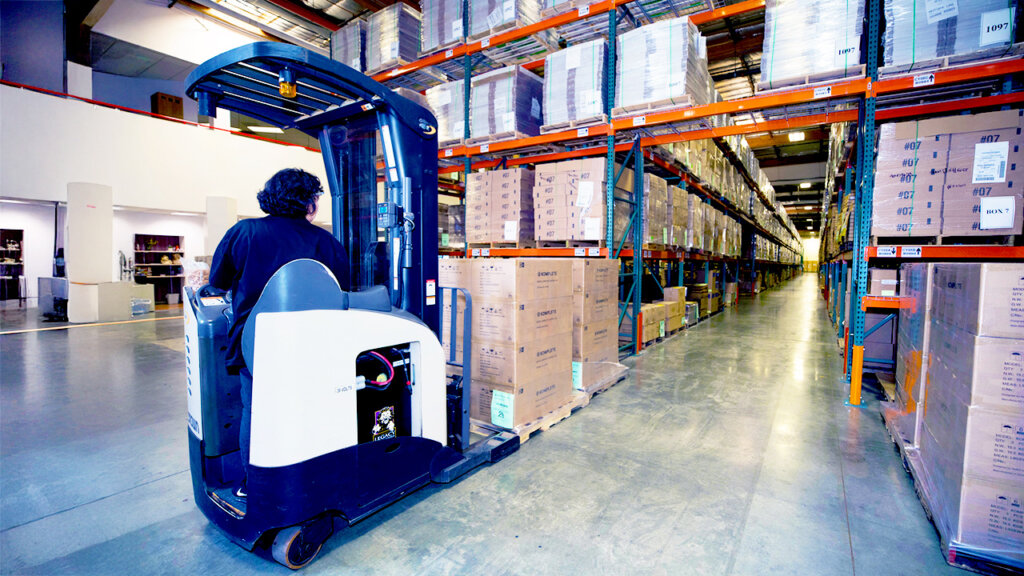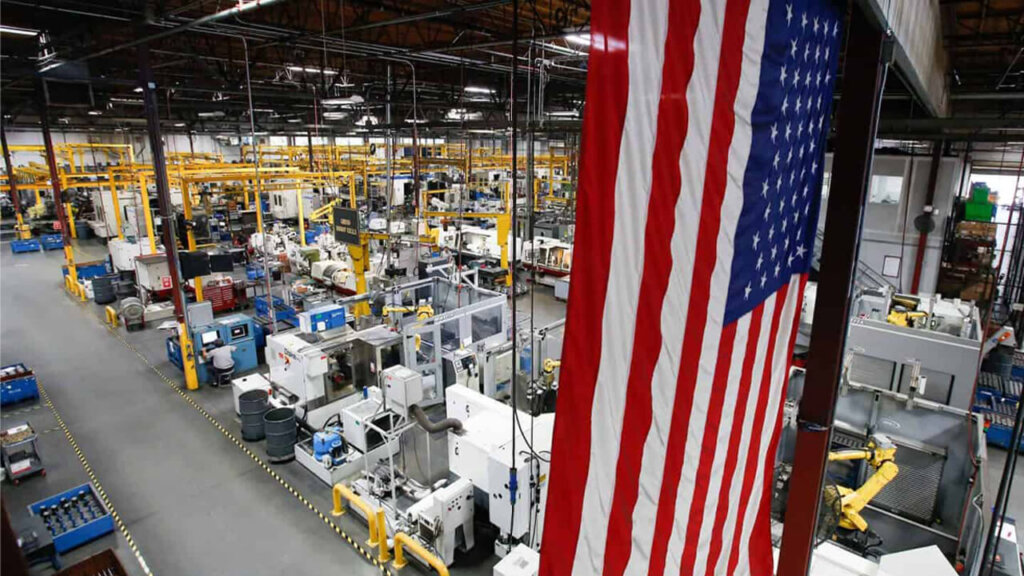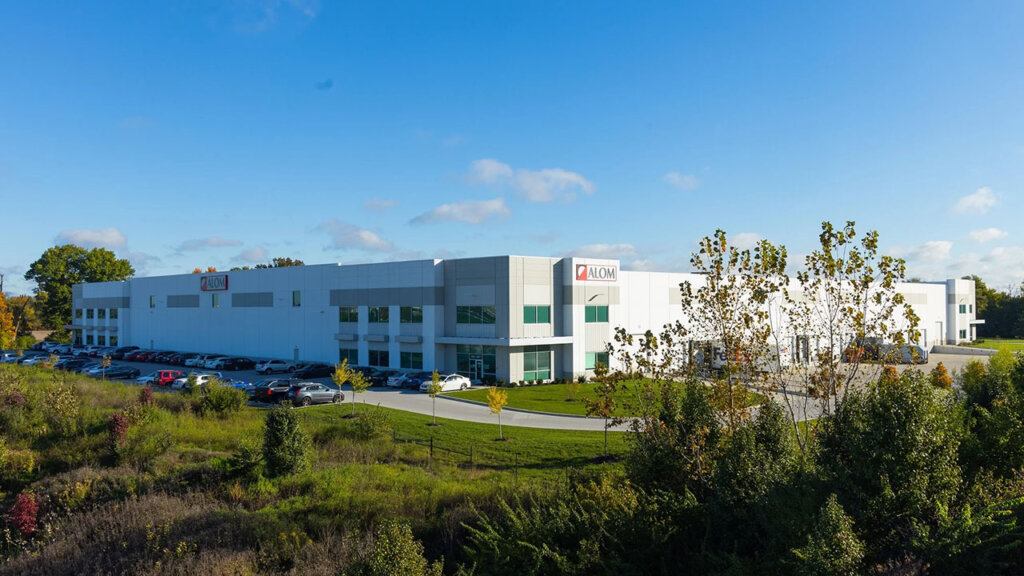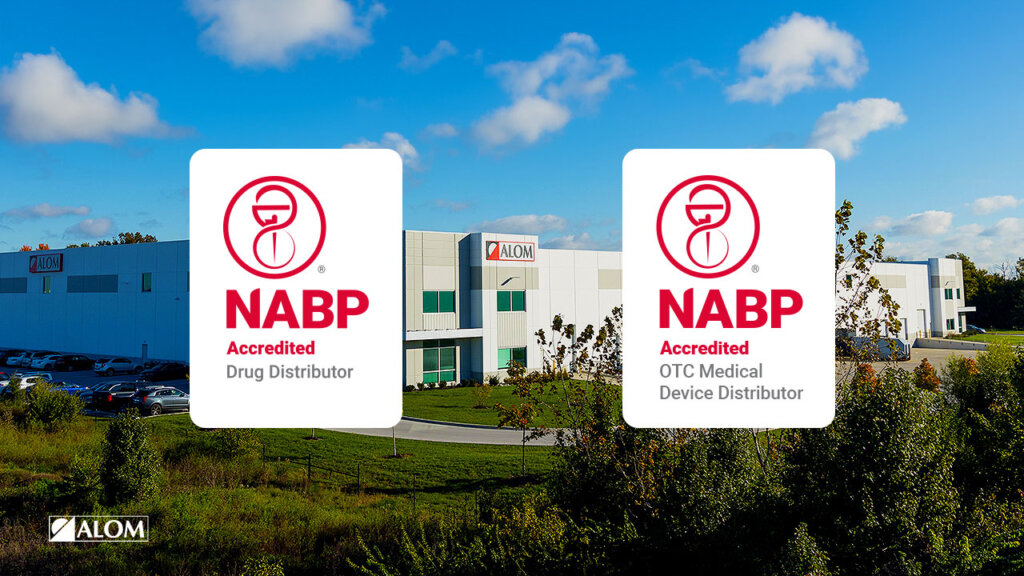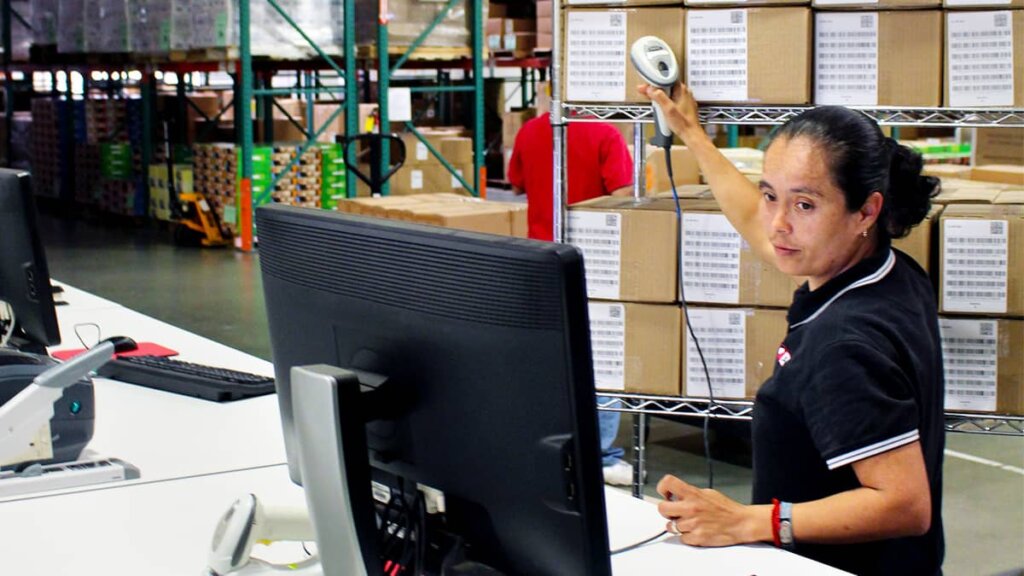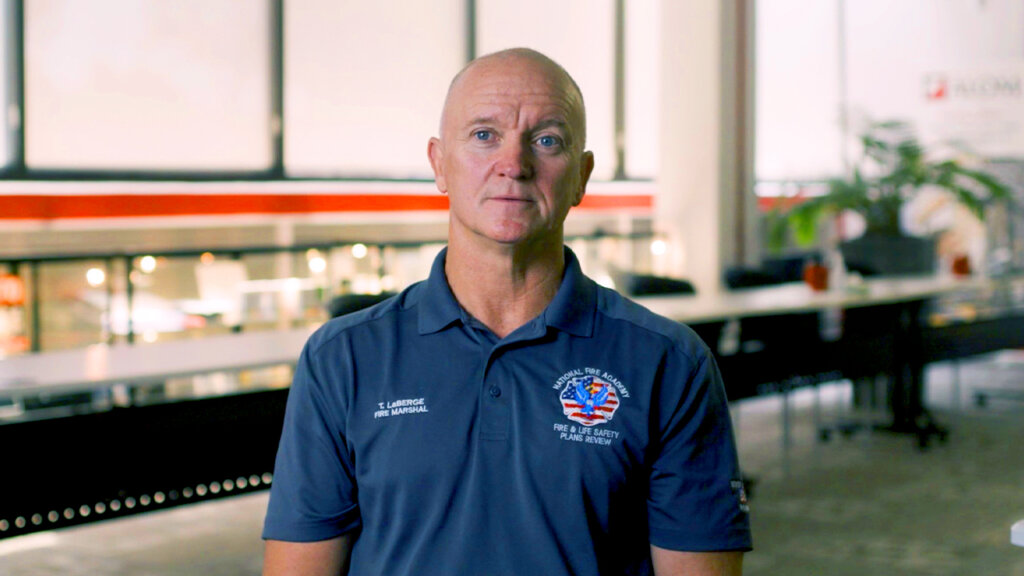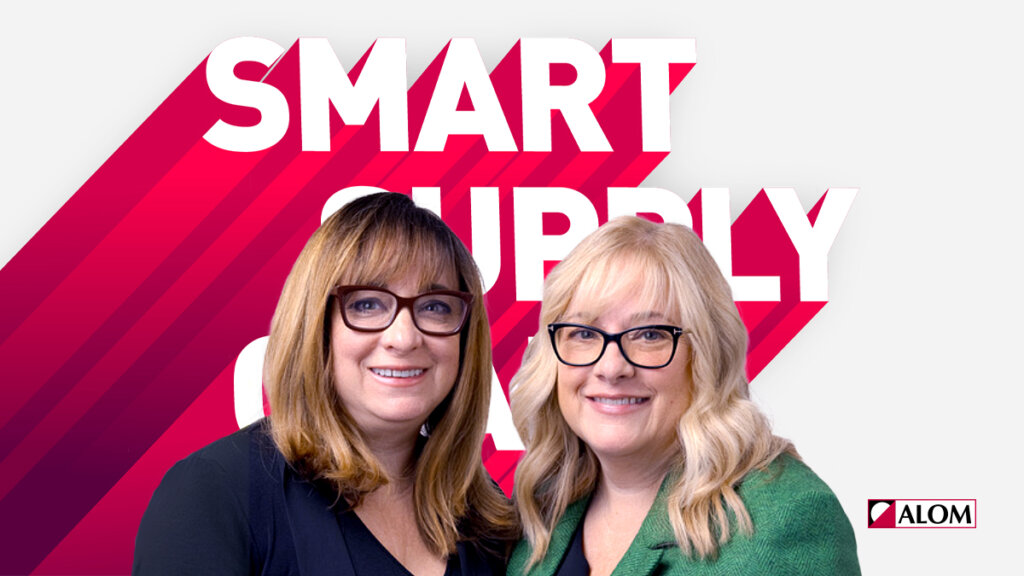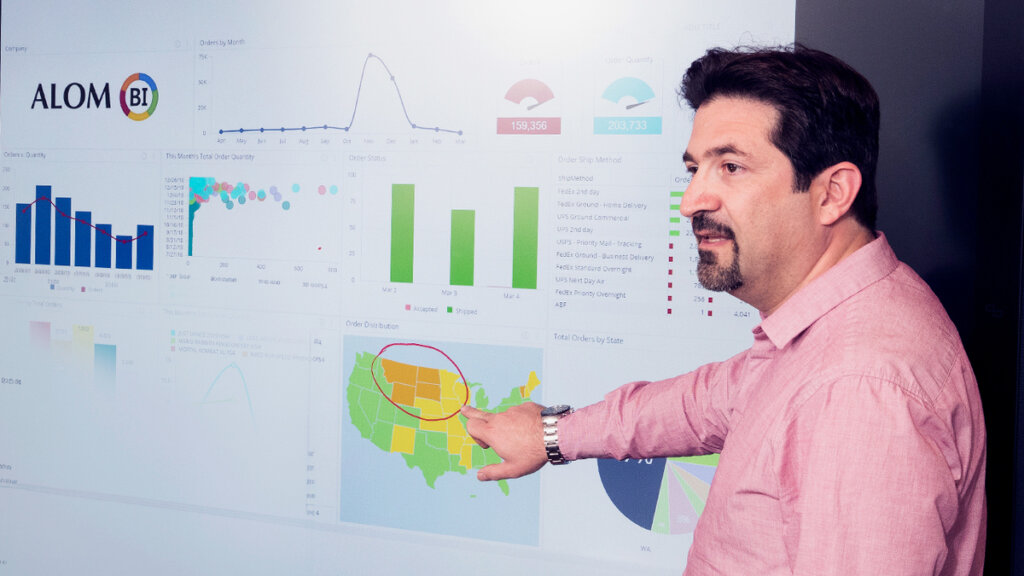The Mississippi River is drying out. With the 60% of grain exports and 54% of soybean exports, as well as 1/3 of coal exports being transported via barge on rivers, the impact is not trivial. In Europe, the water level in the Rhine River is now so low that even barges that can pass through the lowest water points, only carry 20% of their normal cargo to avoid the risk of bottoming out.
We are seeing the evidence every day now: Climate change is impacting supply chain big time. The impact of the low water level in the Rhine is obvious. The estimate is that it will lower the German GDP by 0.2% and cause further disruptions to suffering supply chains. The surcharges on barge freight are now up in the 150% range.
So, we know that climate change is impacting supply chains. But the more important question today is how are supply chains impacting climate change? As industry practitioners, we all have an obligation to minimize environmental impacts and specifically to minimize our carbon footprint.
Before this became mainstream – and also over the last decade – my staff at ALOM have increasingly focused on minimizing our carbon footprint. The engagement in this effort should bring all of us some solace. One year, staff members brought forth a whopping 47 suggested actions. This year, the quality of the suggestions blows me away. More than anything, I am impressed by the instant implementation of many suggestions. I am also heartened when I see the customer collaboration.
Now is the time for everyone in supply chain to understand and take on the responsibility for driving greater sustainability across all aspects of supply chain operations. There is so much inspiration in speaking with other supply chain professionals. In the spirit of contributing to the over-all community, let me share some initiatives implemented at ALOM that are having a major impact.
- Near-sourcing cuts down on transportation. Moving freight is the largest single greenhouse gas emitter in supply chain. Even if raw materials are brought in from other locations, the final product transported is almost always more voluminous and this creates a higher footprint
- Packaging can be made more sustainable, reused, recycled, made part of the circular supply chain. We are constantly working to minimize packaging
- By minimizing waste, we keep junk out of landfills, and – frankly – we help the coveted bottom-line
- We joined some of the world’s leading companies in declaring our NetZero initiative – complete with metrics and plans. It is a big, audacious, hairy goal, yet we are making great strides
- Finally, we looked inside ALOM. From eliminating plastic water bottles and minimizing paper to using 100% renewably generated power, we continue to seek out and implement measures as part of our sustainability commitment.
Yes, we are ISO 14001 certified and recently obtained our ISO 14064-1 certification for monitoring greenhouse gas emissions. I am excited about this because it keeps us honest and on-track with measuring and reporting our GHG emissions. There is an old saying, “What gets measured, gets done”. By following the numbers, we can design our initiatives for optimum impact.
I am proud of the sustainability awards that ALOM has been fortunate enough to win. But, more than anything, it is the true and real impact that gets me excited. I am happy to say that I am not alone.

